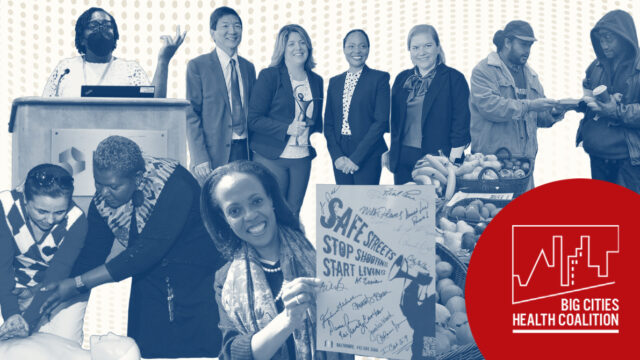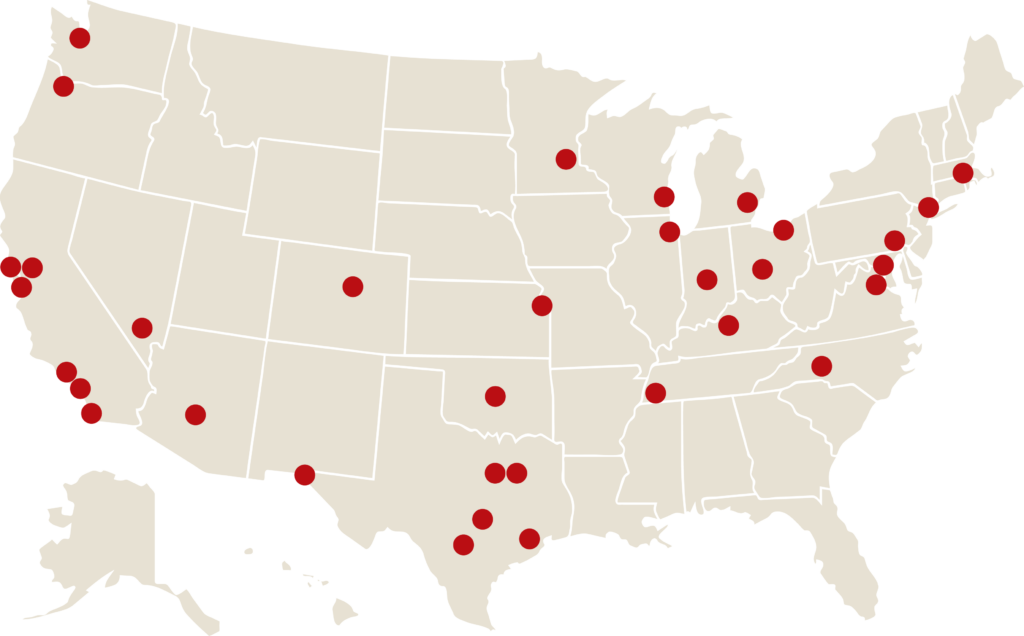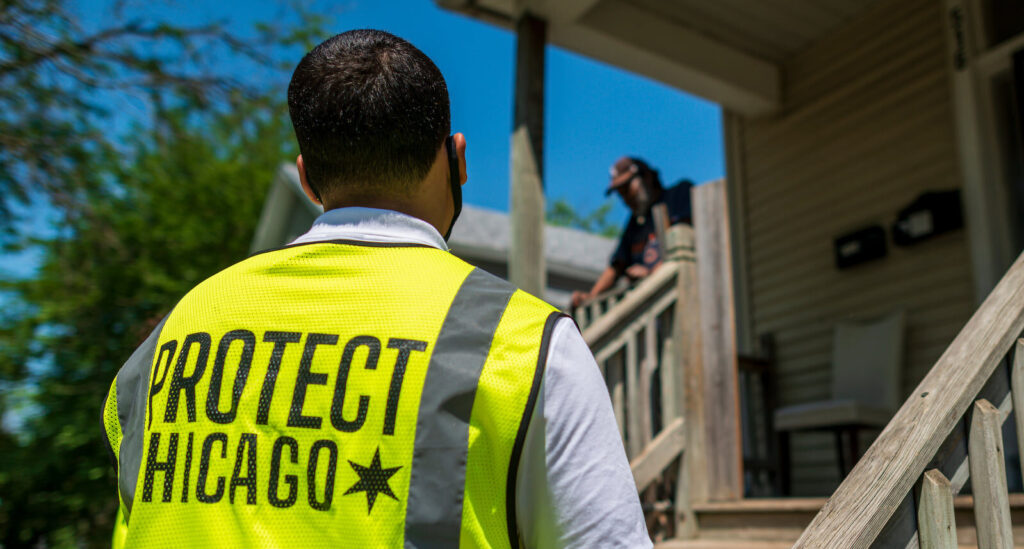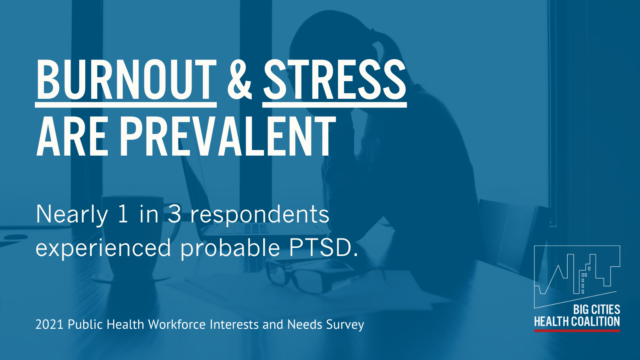Big Cities Health Coalition – protecting your constituents’ health
March 2023

We are a forum for the leaders of America’s largest metropolitan health departments to exchange strategies and jointly address issues to promote and protect the health and safety of their residents.
Collectively, BCHC’s 35 member jurisdictions directly impact more than 61 million people, or one in five Americans.

- Austin
- Baltimore
- Boston
- Charlotte (Mecklenburg Co)
- Chicago
- Cleveland
- Columbus
- Dallas (Co)
- Denver
- Detroit
- El Paso
- Fort Worth (Tarrant Co)
- Houston
- Indianapolis (Marion Co)
- Kansas City
- Las Vegas (So NV Health Dist)
- Long Beach
- Los Angeles (Co)
- Louisville
- Memphis (Shelby Co)
- Milwaukee
- Minneapolis
- New York City
- Oakland (Alameda Co)
- Oklahoma City (OKC-Co)
- Philadelphia
- Phoenix (Maricopa Co)
- Portland (Multnomah Co)
- San Antonio
- San Diego (Co)
- San Francisco
- San Jose (Santa Clara Co)
- Seattle (Seattle-King Co)
- Tucson (Pima Co)
- Washington, D.C.
Our members work on the front lines to address critical and chronic public health challenges, from infectious disease outbreaks to opioid overdose to natural disasters.
Our work directly benefits the health and well-being not just of city residents but everyone in the United States – because public health challenges – whether new outbreaks or new illicit drugs – typically start in cities but do not stay there. They spread to rural and suburban communities as well. When big city health departments can respond to these threats quickly and with all the best tools, everyone benefits.
Our core policy issues





Our FY24 appropriations priorities for CDC
Most federal funding goes to states before being distributed to cities. This is not always the most efficient approach, particularly during an emergency.
Recently, more federal dollars have started to reach large cities and counties directly, through Congressional directive and a better understanding of the importance of strong local public health. We encourage this trend to continue to the greatest extent possible.
Public health crises typically hit cities first, but the funding does not. This puts everyone in the U.S. at risk.
FY24 appropriations priorities for CDC in millions
-
Epidemiology and Laboratory Capacity
$720
-
Emergency Preparedness Funding
$1,000
-
Workforce and Infrastructure
$1,000
-
Opioid Overdose Prevention and Surveillance
$713
-
Data Modernization Initiative
$340
-
Center for Forecasting and Outbreak Analytics
$100
-
Community Violence Initiative and Research
$250
-
Firearm Violence Prevention Research
$35
-
Social Determinants of Health Program
$100


